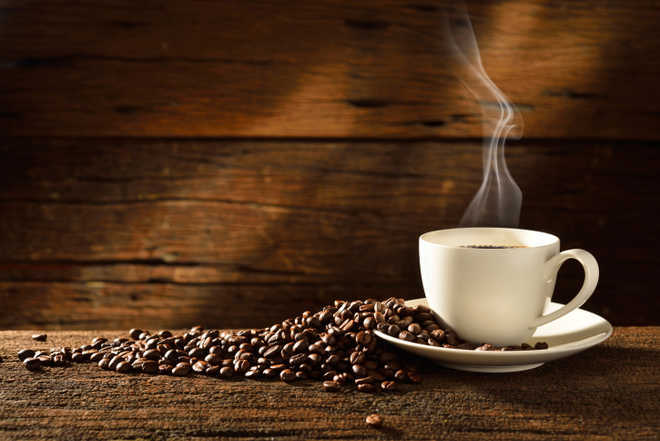
Photo for representation only.
LONDON: Sale of caffeinated energy drinks to children should be banned to tackle with the twin epidemics of obesity and mental health problems, experts say.
According to Russell Viner, President of the Royal College of Paediatrics in the UK, young people in high income countries consume more sugar and calories than required and are therefore unlikely to need additional energy.
This combined with regular caffeine consumption is concerning as there is little evidence of the effect caffeine could potentially have on the developing body, wrote in a study published in the journal BMJ.
In a 2014 survey of over 5,000 children in England 14 per cent of 11-15 year olds reported consuming energy drinks at least two to four times a week, and five per cent of all young people reported drinking energy drinks daily.
The high sugar content in many of these drinks "undoubtedly contributes to the overall calorie excess and resultant obesity epidemic among our children," Viner said.
Caffeine is probably the most commonly used psychoactive drug across the world as it increases activity and heightens attention and awareness.
However, caffeine also increases anxiety, reduces sleep and is linked with behavioural problems in children, said Viner.
Recent studies also show that it may have concerning effects on the developing brain. Yet surprisingly little is known about the safety profile of caffeine.
Energy drinks can contain at least 320 milligramme per Litre of caffeine and evidence is emerging that consumption of energy drinks among children and young people is associated with anxiety, depression, sensation seeking, and increased hyperactivity and inattention.
This is alarming, said Viner, because psychological distress can lead to risky behaviours like drug use, and poorer academic attainment.
However, perhaps most concerning are the effects on sleep, he said — a clear inverse association has been established between consumption of caffeinated energy drinks and sleep duration.
Humans get energy naturally from a "good diet, refreshing sleep, exercise and, most importantly, interaction with other people", he said.
"There is now sufficient evidence to act to protect children," he concluded. — PTI.



























